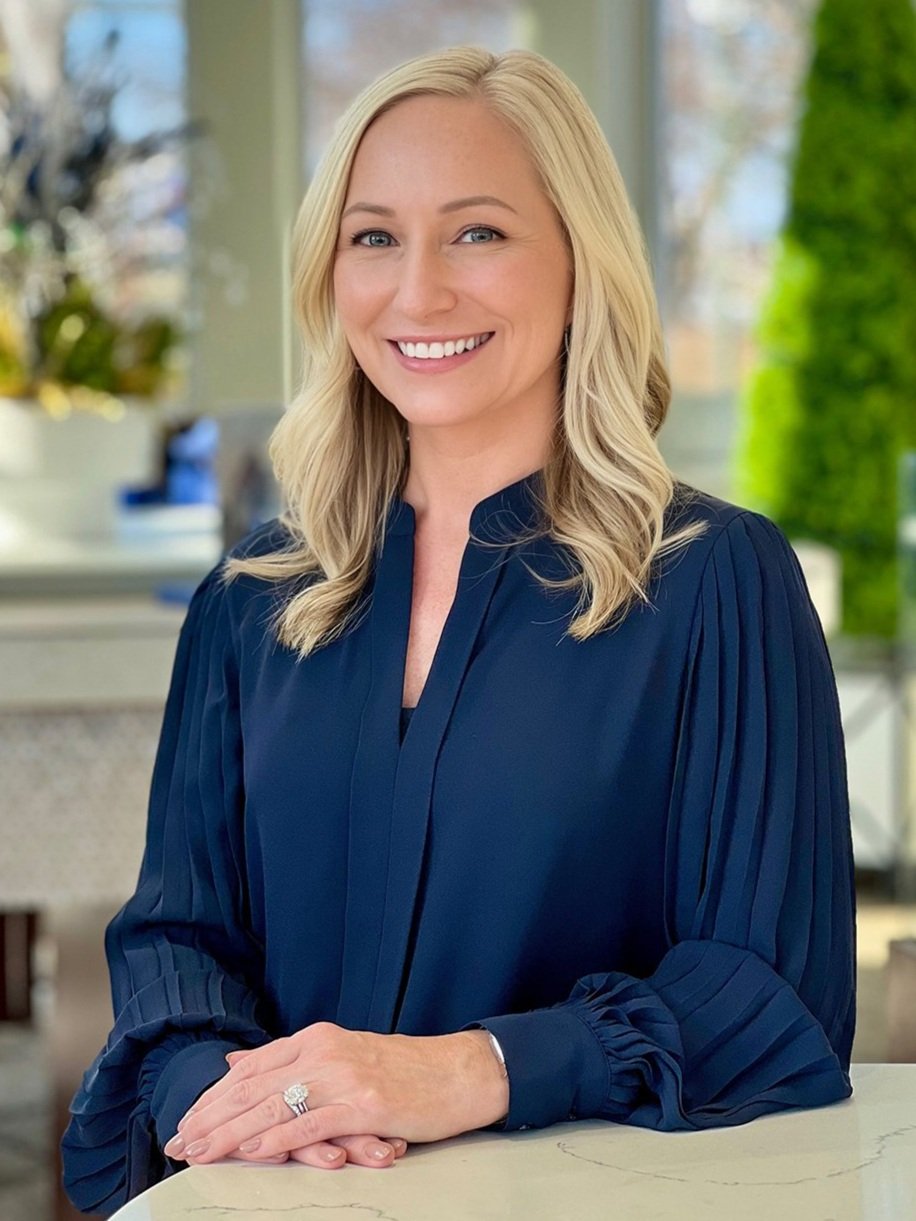Trusted Jewelry Appraisers
At Craig Husar Fine Diamonds, we provide trusted, accurate jewelry appraisal services in Brookfield, WI. Whether you're looking for an insurance appraisal, donation appraisal, or estate appraisal, our team of GIA-certified gemologists and expert jewelry appraisers is here to deliver reliable and precise valuations for all types of jewelry.
Britney Krueger, GIA AJP
Registered Gemologist Appraiser | JA Certified Sales Professional | Secretary - GIA Alumni Collective Wisconsin | Trusted Jewelry Advisor
Why Choose Craig Husar Fine Diamonds for Your Jewelry Appraisal?
Expert Appraisers: Our team of GIA-certified gemologists and experienced appraisers deliver the highest level of accuracy and trustworthiness.
Transparent & Fair: We offer clear, honest appraisals with no hidden fees or agendas, ensuring you receive fair value for your jewelry.
Comprehensive Services: From diamond appraisals to vintage jewelry, we offer a full range of appraisal services for all types of fine jewelry.
Jewelry appraisal is not a licensed profession like real estate appraisal, so it’s essential to choose an appraiser with the right expertise and credentials. Look for an appraiser who holds certifications from respected institutions such as the Gemological Institute of America (GIA) and is an active member of professional associations. At Craig Husar Fine Diamonds, we pride ourselves on our appraisers' qualifications and experience, giving you peace of mind knowing your jewelry is in expert hands.
Meet Our Expert Jewelry Appraisers:
Britney Krueger, our in-house Registered Gemologist Appraiser, GIA Accredited Jewelry Professional, and JA Certified Sales Professional. Britney also serves as the Secretary for the GIA Alumni Collective of Wisconsin.
Craig Husar, is a GIA-trained Graduate Gemologist and former Instructor of Gemology at the Gemological Institute of America.
Together, Craig and Britney’s expertise in gemology ensures that every jewelry appraisal we perform is thorough, accurate, and trustworthy.
3 Types of Appraisals You’ll Need to Know:
1. Insurance Appraisal
An insurance appraisal is essential for scheduling your jewelry on an insurance policy. It ensures your piece is properly valued for replacement in case of loss, theft, or damage. The most common type of insurance appraisal is for replacement value, which ensures that your jewelry is replaced with a similar item if lost. For higher-value items, an agreed value policy offers a cash settlement instead of a replacement item.
If you're looking to add jewelry to your insurance policy, a jewelry appraisal is required. Standard insurance policies typically have low coverage limits for jewelry, which may not fully cover all types of loss. A separate jewelry rider typically covers events like theft, loss, fire, or mysterious disappearance. It’s essential to work with your insurance agent to determine the right policy and coverage for your needs.
2. Point of Sale Appraisal
A point of sale appraisal is similar to an insurance appraisal but is provided by the retailer at the time of purchase. This appraisal provides the retail value of your jewelry and is often used when purchasing jewelry insurance. It includes the actual selling price of the item and discloses the seller's role in the transaction. This document is typically acceptable for obtaining jewelry insurance.
3. Donation & Estate Appraisals: Tax Reporting & Valuation
If you plan to donate jewelry to a charitable organization, an appraisal is often required for tax reporting purposes. For donation appraisals, the value used for tax purposes is typically fair market value (FMV)—the price a willing buyer and seller would agree upon. This value is often based on what the item might fetch at auction, which may be less than retail value, depending on the jewelry's condition and market desirability.
For estate appraisals, it’s crucial to have your jewelry valued by a qualified appraiser to ensure accurate valuation for estate taxes or inheritance purposes. At Craig Husar Fine Diamonds, we specialize in estate jewelry appraisals and can help ensure that your valuable assets are properly assessed.
For detailed information on the IRS requirements for donation appraisals, visit their website at www.irs.gov.
Schedule Your Jewelry Appraisal Today
If you're ready to have your jewelry appraised by a Registered Gemologist Appraiser in Brookfield, WI, schedule an appointment with us today. Our team at Craig Husar Fine Diamonds is here to provide you with a personalized and professional experience, ensuring that your valuable jewelry is accurately appraised and protected.














